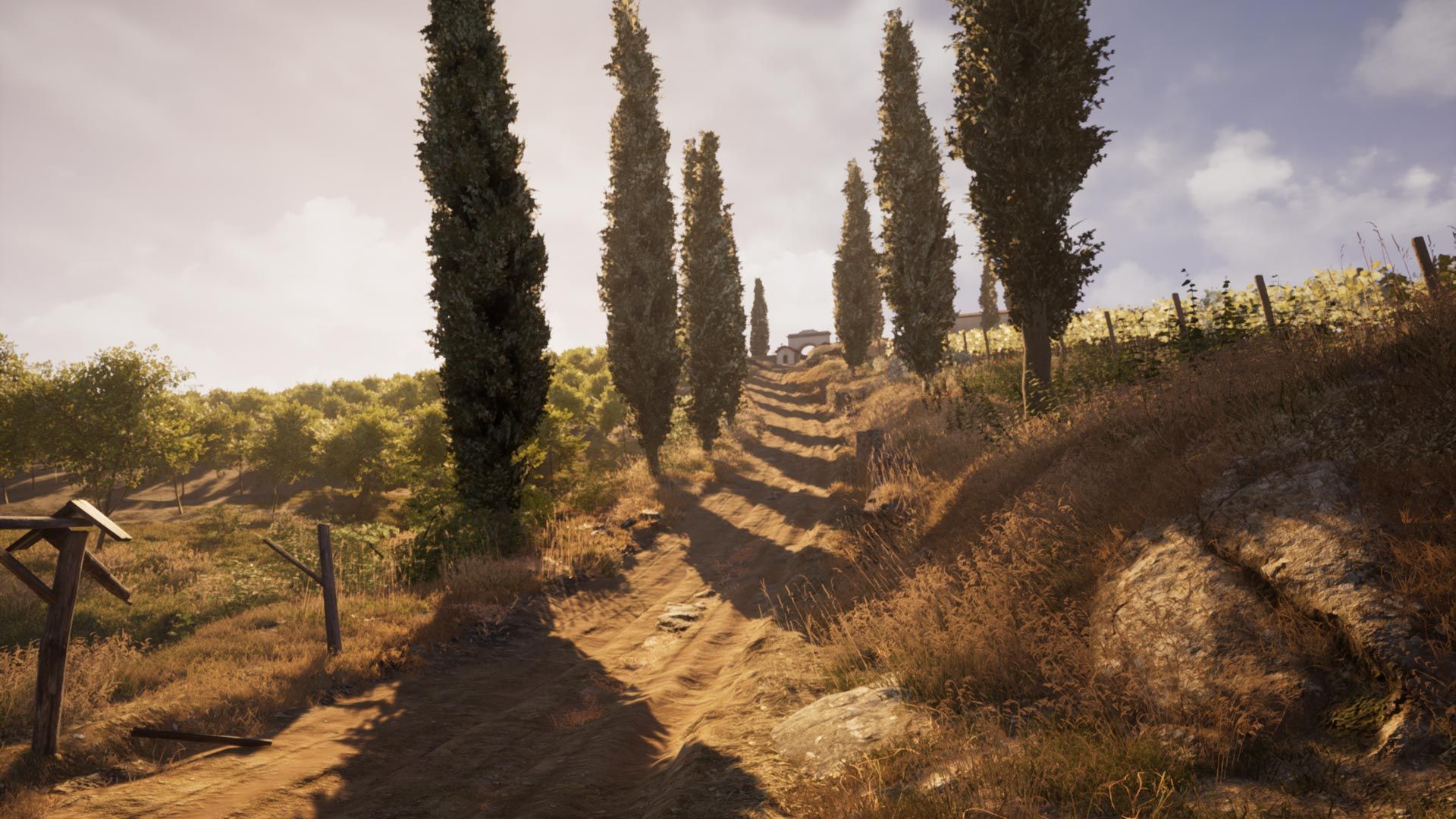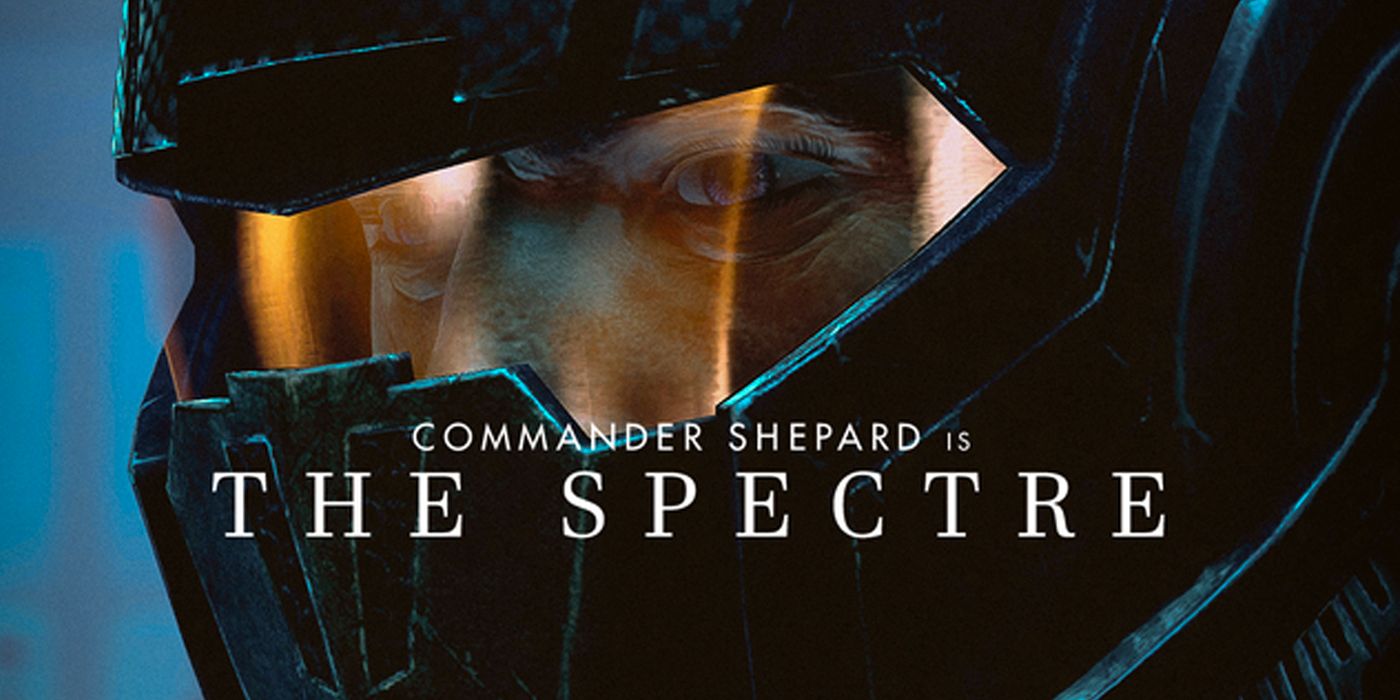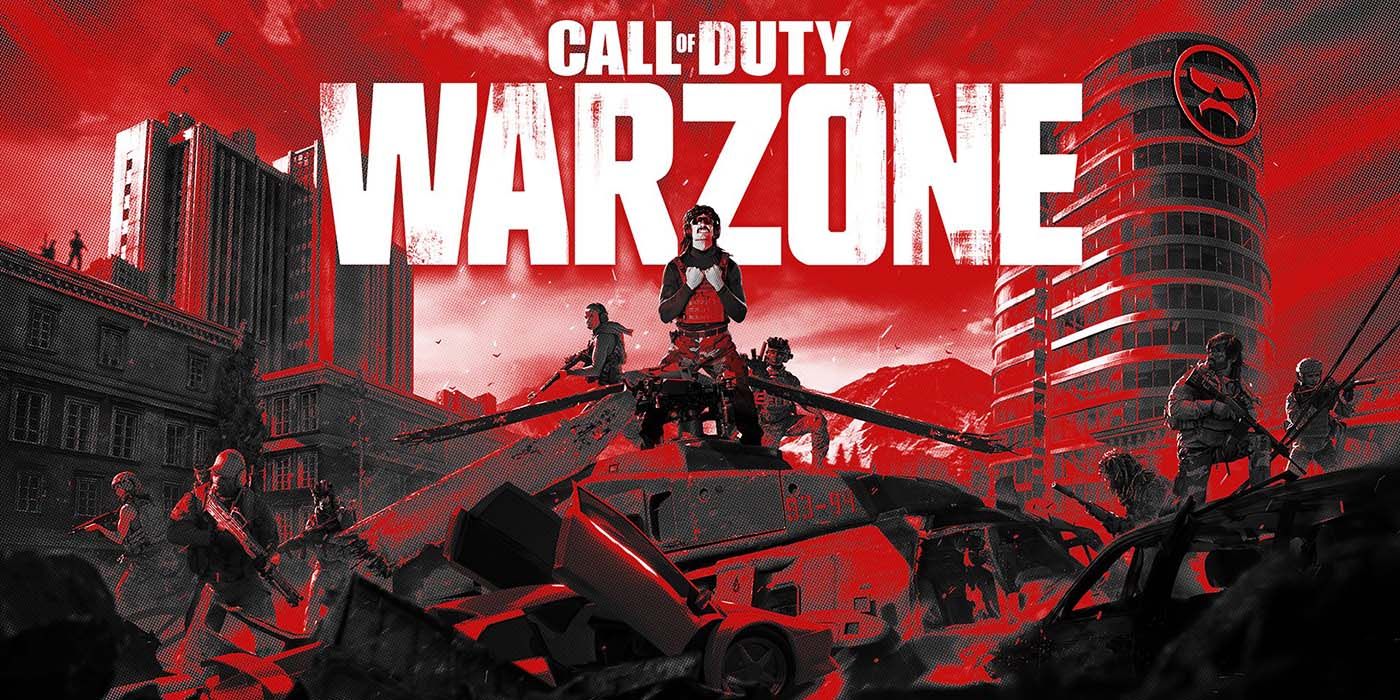
Martha is Dead has all the trappings of a horror game. It begins with copious trigger warnings about, including other things, death, gore, and mutilation, and features, among other things, graphic depictions of death, gore, and mutilation. It's deeply unsettling, dark, and mysterious, using nightmares to further explore the horror at its own heart. Yet it never actually feels like a horror game. Most horror games are trying to be scary. Martha is Dead, by virtue of its content matter, just is.
After playing the game for a couple of hours, I sat down with Luca Dalco, creative director at studio LKA, and a translator to discuss the game's status as a horror game that's not quite a horror game. "The most cruel images in the gameplay are used to make the player experience the internal conflict and issues of the main character," Dalco says via his translator. "It happens a lot in cinema. Horror is not a goal, it is a tool to describe a mindset or emotion. It's a tool to summon an emotion in the player, it's not the goal to scare."
Related: Interview: Thomas Geoffroyd On The Great Outdoors Of Riders Republic
Of course, intentions behind the scares aside, some content in the game is extremely graphic – my preview had me actively participating in mutilation of a corpse. This, naturally, is going to put some people off, but Dalco feels the trade-off to tell the story LKA wants to tell is worth it, especially with so many trigger warnings preparing players for what's to come. "Some people are probably not going to want to play, which is fine," he says. "But from the other side, you are probably going to find people who are interested in seeing and experiencing those kinds of things. If you expect a traditional horror game, you're not going to find it with Martha is Dead. We are well aware that the disclaimer will inevitably make some people not want to play, but we want to be honest and transparent in what to expect from Martha. There are no jump scares in the game, and the images are not gratuitous, but are there to contextualise a bigger, wider story. But it's still important to let players know, since these [images] can be much more traumatising than a jump scare, which is not what we want."

While the central mystery and story of Martha are at the heart of the game, much more compelling is the underlying narrative. You play as a young girl in 1944 Tuscany, daughter to a Nazi officer just as the Allies begin to seize control of World War 2. Given your age and your distance from the front, you have no idea what is going on beyond there simply being a war on, and obviously your father leaves out some major details about the Nazi regime. For all of gaming's fascination with war, this is a side of the conflict we haven't explored before, and Dalco is keen to stress the importance of it. "During the war, normal life was continuing," Dalco explains. "Despite the war raging, for women, kids, and elders, normal life was continuing. While the war ravaged through Italy, there were a lot of consequences for the people in these towns. One of the ideas we explore in Martha is how having a war ravaging Italy in the background would affect the life of a very fragile 20 year old girl in Italy.
"Even if you go away from the actual warzones, there are so many dramatic aspects of a war. You can lose your relatives from one day to another, or there is no food on the table. And if you are accused of being against the regime, it doesn't matter who you are – you can be killed. Everyone's lives, including civilians, were very heavily influenced by the war. The presence of the war is a big element in the lives of Martha's family."

With LKA being an Italian studio and Dalco himself being Italian, this is a story told with authenticity, and a deep knowledge of the nation’s history. "Another element to consider is that Martha's dad is a German general, and Martha's mother is a rich woman who is friendly with the regime," he says. "In a way, Martha is on the wrong side of the gate. She's on the wrong side of the story. A young person in general at the time probably doesn't care much about politics. But because of the situation, she's forced to understand what happened, what is right and what is wrong, and what position she was in in the grand scheme of things in the Second World War."
Italian gaming on the whole is on the rise. We recently reported on how a series of government initiatives and tax schemes have helped the Italian sector grow, bolstered by weathering the pandemic due to changes to a central business model that modernised at the perfect time. After Storm in a Teacup Games made a big splash with its first-person horror Close to the Sun, Dalco is hoping LKA can do something similar. "In the last couple of years, we've seen a big movement in the industry," Dalco says. "There is final interest from public institutions in the game industry. We have a new tax relief that has been huge for games development, because tax in Italy in general is very high compared to elsewhere in the world. What we're still missing in Italy is proper networking, events, and infrastructure. I hope the same thing happens to Italy as happened to Poland."
Next: That's Probably Not Doctor Strange In The Spider-Man: No Way Home Trailer



